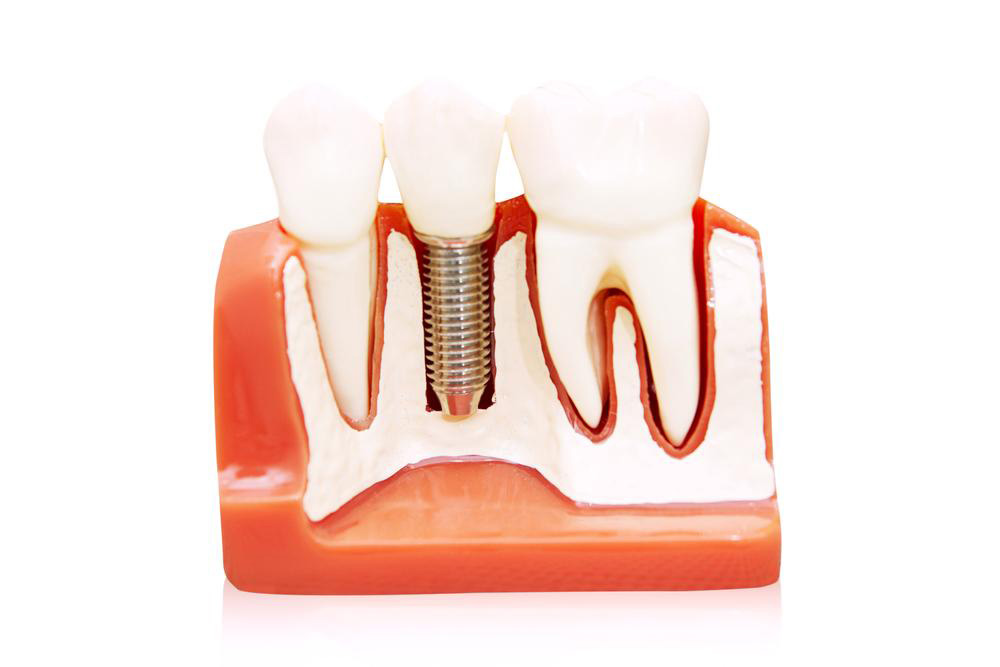All you need to know about permanent dentures
Teeth replacement is a process that many people have to undergo. Broken or missing teeth not only diminish confidence, but also pose problems when speaking and eating. If you need teeth replaced, consider getting permanent dentures.
Permanent vs. removable dentures
Most of us are familiar with removable dentures. They can be removed easily by the patient, but are otherwise held in place by the ridges of the gum or by remaining teeth.

Types of dentures
You can get several types of permanent teeth replacements. Your doctor will prescribe the best course of action depending on the extent of the dental damage.
Bridges: Dental bridges replace missing teeth and are fixed to healthy neighboring teeth that act as supports. The existing teeth need to be filed down to accommodate the bridges.
Crowns: Crowns are caps that are fixed on broken or chipped teeth.
Implants: Dental implants are artificial teeth roots that are fixed into the jawbone. They act as supports for bridges and crowns and do not rely on the neighboring teeth as anchors. They are among the best options as they are very stable and last long.
Benefits of having permanent teeth replacement
Permanent teeth replacement is one of the best long-term solutions. It offers numerous benefits such as:
Natural look and feel: Permanent teeth replacement has a more natural look and feel than removable dentures. Since they’re not meant to be removed and must stay on until they need to be replaced, they look more realistic and feel more comfortable.
Function like real teeth: Removable dentures, while undoubtedly useful, can slip and shift. Permanent teeth replacement, on the other hand, stays put like natural teeth. You can eat what you want including sticky and hard food and don’t have to worry about clicking sounds that often arise when wearing removable dentures.
Improves speech: Crooked, broken, or missing teeth can impair speech and bring down confidence. With permanent teeth replacement, patients can speak without restraint.
Prevents embarrassing situations: Dentures that slip and fall can cause embarrassment and rob people of their self-confidence. You don’t have to worry about this with permanent teeth replacement.
Highly durable: Permanent teeth replacement offers longevity and needs to be refitted only after 5-7 years. People lose about 1/3mm of bone height every year and adjustments need to be made.
Improves oral health: Permanent teeth or denture offers better oral health. Since dentures do not shift and slip, they do not cause mouth sores and gum pain resulting from friction. They also allow for efficient chewing. You do not have to worry about not being able to use your teeth to the fullest capacity.
Permanent teeth replacement has become the number one choice for people looking to replace broken or missing teeth as they look great, feel natural, and don’t restrict you from using them as they should be.


